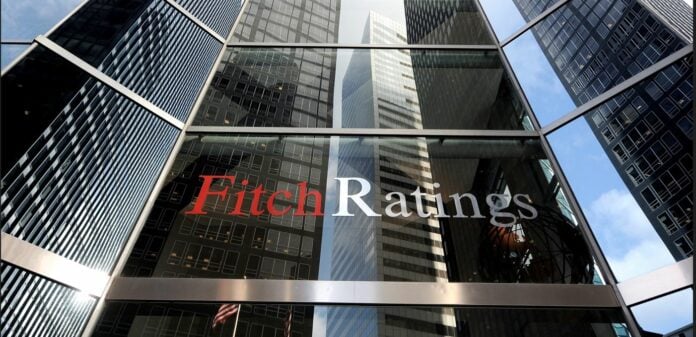The reports on the Greek economy from Fitch and Scope Ratings in November and December respectively will end the spiral of 2024 credit ratings.
On November 22, Fitch is expected to publish its assessment of Greece, with all possibilities open both in terms of upgrading the prospects of the Greek economy and granting it the investment grade. Fitch currently rates Greece with BBB- and stable outlook.
In a recent report, analysts of the rating agency pointed out that the Greek economy has overperformed at the fiscal level, estimating at the same time that it will continue to perform well both this year and next year.
Last month, analysts pointed out that the rating could be positively affected by:
- persistent and significant debt reduction, with the help of fiscal adjustment in the medium term. According to the authors of the report, despite the fact that Greek debt remains three times the average of BB-rated countries, its financing risks are characterized as limited as most of it concerns creditors of the official sector while it has a “cushion” of cash reserves corresponding to 14% of GDP.
- improving medium-term growth prospects and performance, for example through higher investment and reforms.
On the contrary, negative factors could be:
- a further increase in debt,
- the possibility of fiscal relaxation,
- low growth rates or appearance of significant liabilities.
The company’s analysts emphasized that Greece recorded one of the largest debt reductions among the countries it covers. Fitch spoke of a stable macroeconomic picture with the economy continuing to grow at a rate higher than most eurozone member states, mainly due to tourism and investment. Based on the firm’s latest estimates, the growth rate will be 2.3% this year, 2.4% in 2025 and 1.9% in 2026.
Analysts are still talking about ambitious reforms in the field of revenue collection focusing on reducing tax evasion. The year will close with the evaluation of Scope Ratings on December 6.














